DENTAL IMPLANTS WESTON SUPER MARE
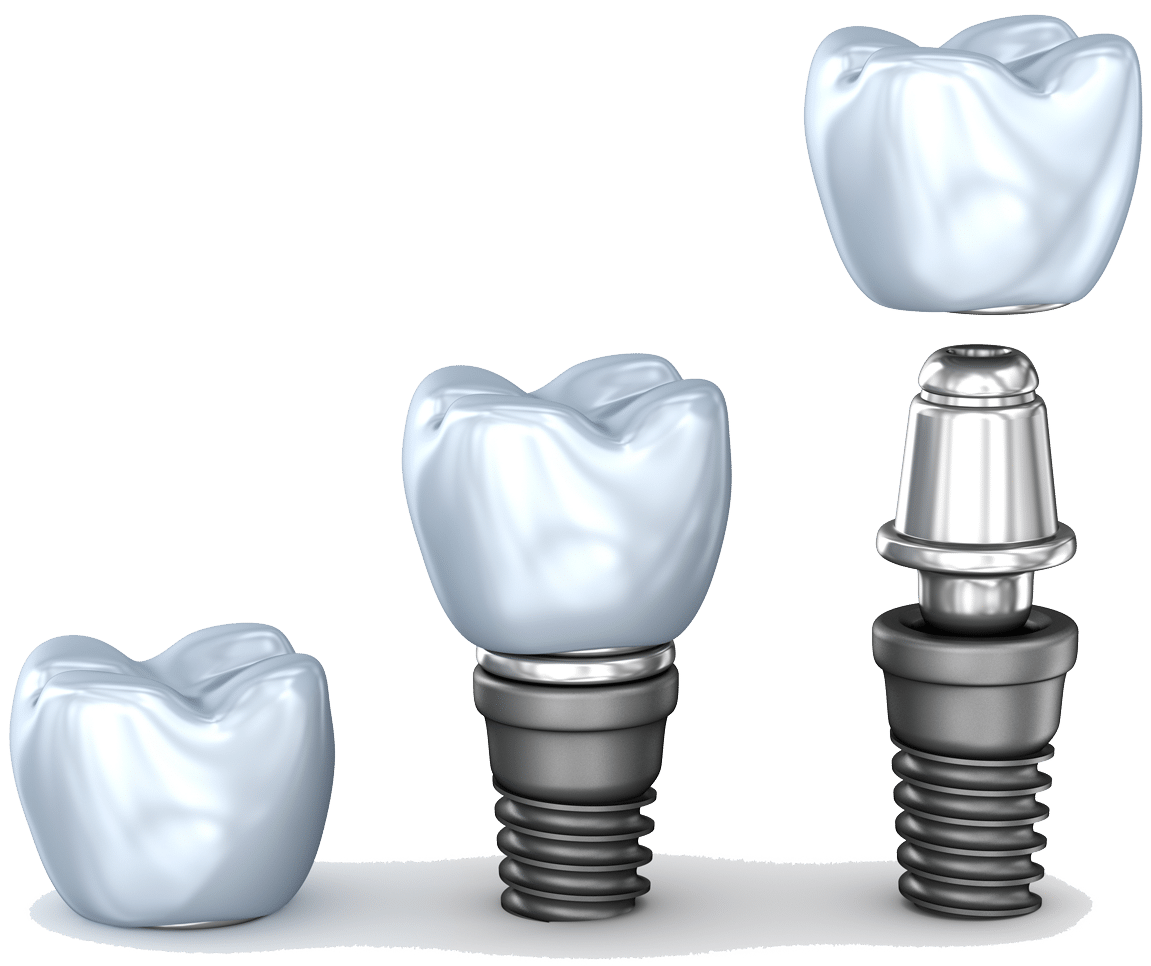
DOES IT HURT?
Although it might sound frightening the actual procedure does not hurt. It is an absolute pain free procedure executed under local anaesthesia.
For extremely nervous patients the treatment can be executed under conscious sedation if necessary.
HOW IS IT DONE?
HOW CAN THEY BE USED?
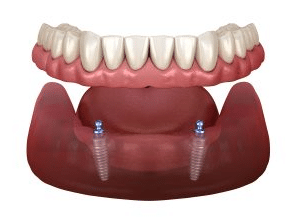
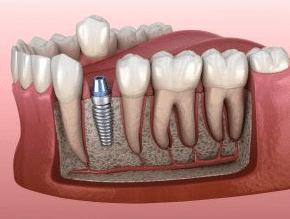
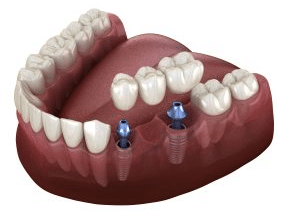
IS MY BONE STRONG ENOUGH TO TAKE AN IMPLANT?
The jaw bone is important when we talk about dental implants as it represents the supporting structure of the dental implant.
The dental implants come in various size, although a minimal amount of bone is necessary to allow for the dental implant to be placed.
In the cases of insufficient bone volume, bone grafting procedures are available as to enhance the bone volume and to allow for implant placement.
There are a variety of products that can be used for bone enhancement as:
- The patient’s own bone harvested from the other area of the mouth
- Animal (porcine/bovine) bone origin, that goes through a very rigorous sterilising procedure and serving as a matrix or scaffold and induce natural human bone growth
- Artificial bone substitute
- Platelet rich factors (PRF) which uses the patient’s blood to create a stable blood clot enriched with growth factors that are meant to regenerate the bone.
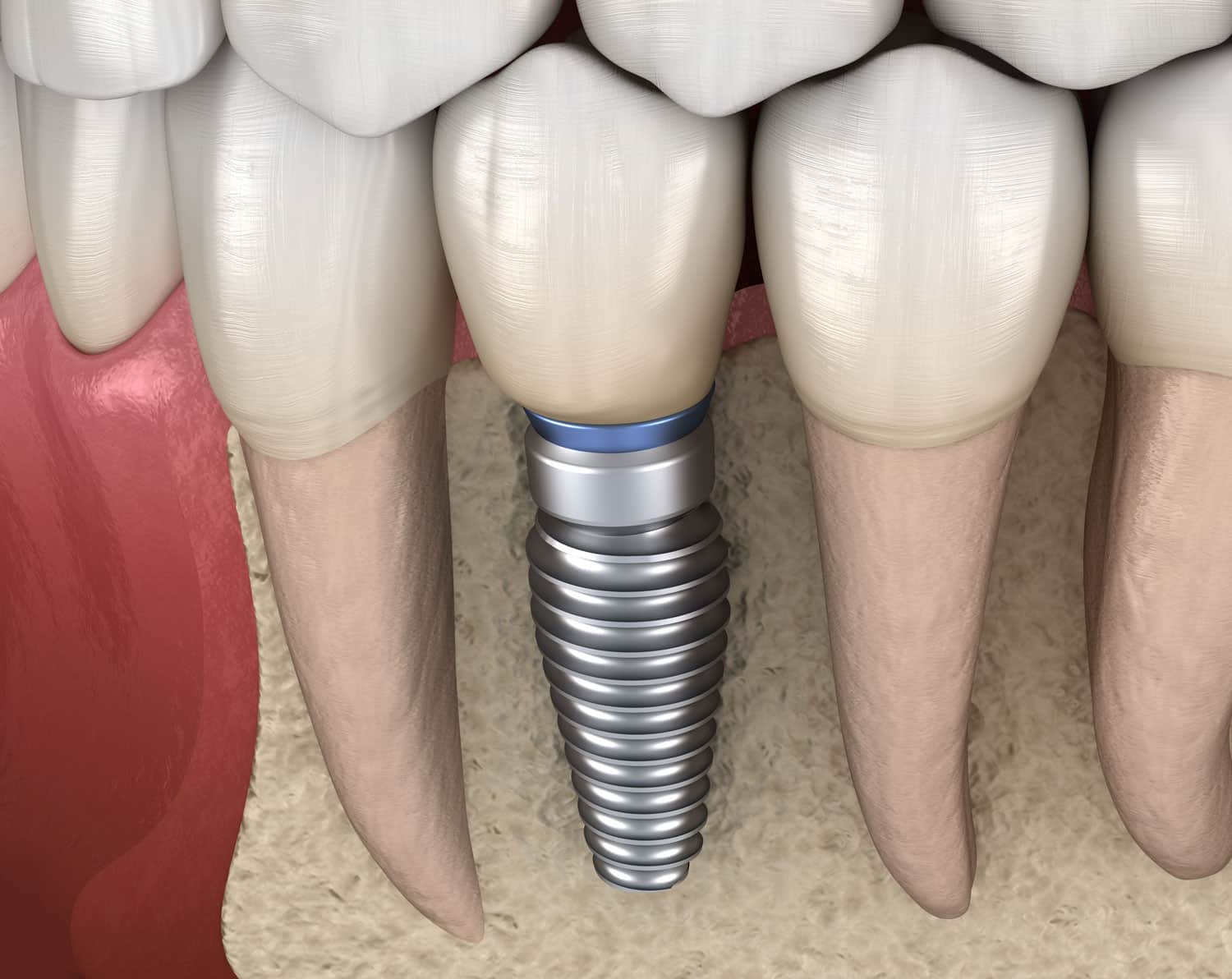
BENEFITS OF DENTAL IMPLANTS
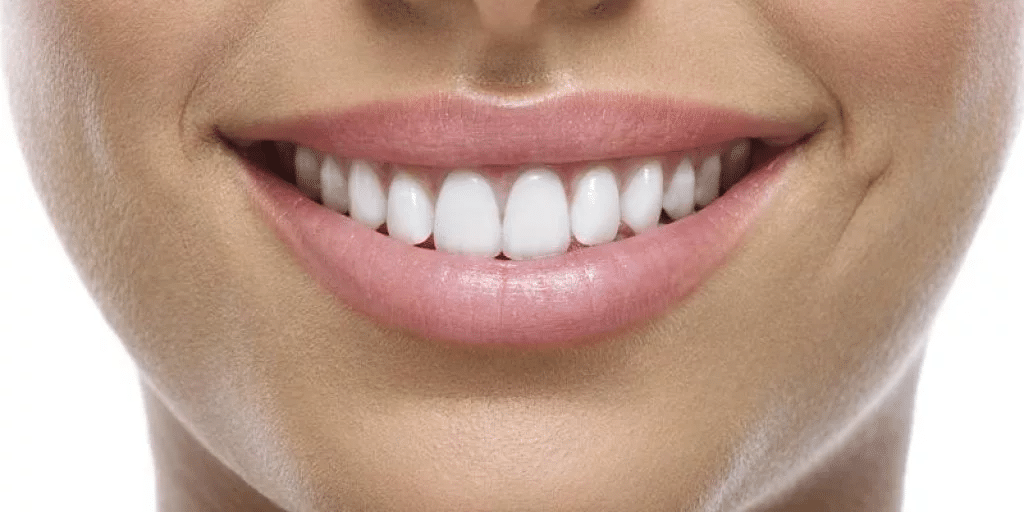
HOW LONG DO THEY LAST?
CAN IMPLANTS FAIL?
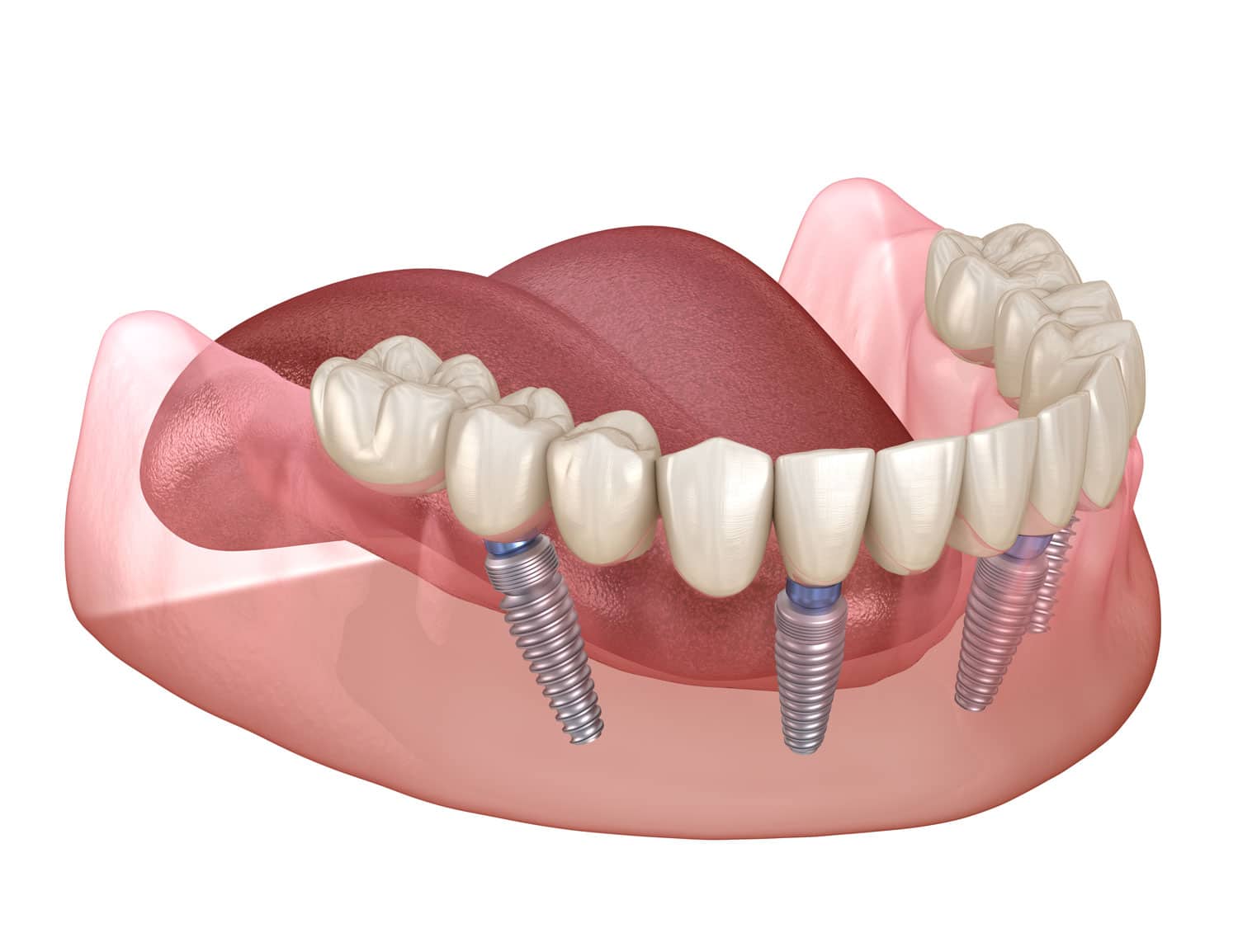
WHAT CAUSES DENTAL IMPLANTS TO FAIL?
LEARN MORE ABOUT DENTAL IMPLANTS
CONTACT OUR TREATMENT COORDINATOR
We can offer a range of solutions for your perfect smile. Just fill out the form below to arrange your consultation:
Our Treatment Coordinator's role is to use training and in-depth knowledge to inform and educate you, ensuring you can make informed decisions that are right for you.
This means that all our patients have someone to talk to, throughout their journey with us. Fill out the form and we'll get in touch.

Popular Treatments
Cosmetic Dentistry
Dental Implants
Teeth Whitening
Hygienist
Facial Aesthetics
Emergencies
If you are already registered with us and require emergency treatment please call the practice to book in.
Opening Hours

Copyright © 2024Worle Dental | Dental Practice SEO
